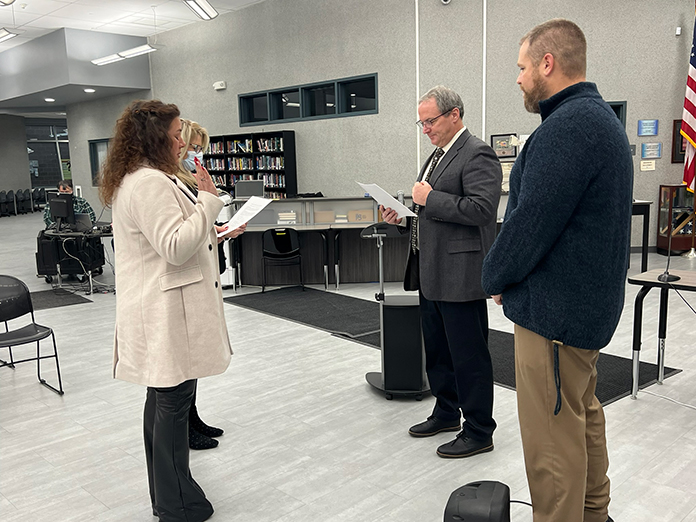
BARNEGAT – The local school board’s reorganization meeting at the beginning of the year not only ushered in a couple of familiar faces but also shaped leadership changes for the year ahead.
Two of the three winners of the November elections were formally sworn into their seats. This will be the second consecutive three-year term for Sandra Churney and also a return to the school board for Doreen Continanza.
During her second elected term in office in 2021, Continanza relocated and resigned from her seat. When circumstances brought her back to Barnegat, Continanza ran for election again. Both she and Churney were sworn in at the school board’s initial meeting.
George Fedorczyk also received voter approval for a three-year term and was at the reorganization meeting. However, an unanticipated delay in the district’s receipt of his background check prevented Fedorczyk from taking the formal oath of office on January 2. Subsequent approval of Fedorczyk’s credentials has cleared the way for his official induction onto the board. He previously served on the board for a one-year appointed term that began in 2020.
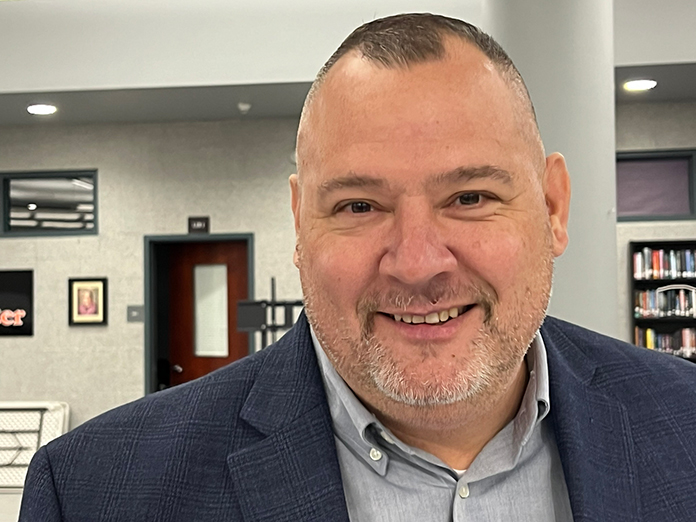
Even after Fedorczyk’s swearing-in, the local school board will be short its full complement of nine members. The recent resignation of Sean O’Brien at the close of 2023 resulted in a vacancy. Members of the public were invited to submit letters of interest to fill the seat until the end of the year.
The selection process, involving interviews and voting by board members, is slated to occur on January 17.
In the deliberation for the position of board president, Continanza put forth the only nomination, endorsing Scott Sarno. Sarno has a notable history with the board, having been elected to board seats in 2004, 2006, 2012, 2015, and 2023. He previously served as Board of Education president from 2014 to 2019.
Sarno secured affirmation as school board president with his own vote and support from Continanza, Churney, Carol Geene, and Regina Tarnowski, forming a majority vote. Board members Bruno Iamonte and Bonnie Levy cast their votes against Sarno.
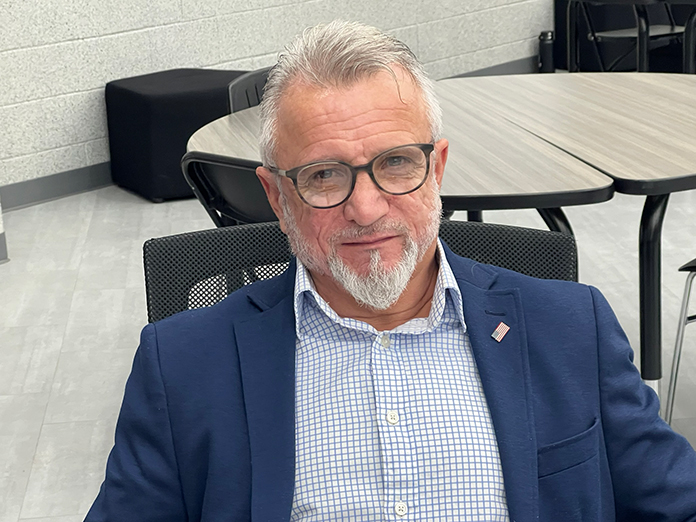
The board president runs the meetings and sets the agenda.
Nominees for the position of board vice president were put forward by two distinct board members. Churney endorsed Continanza, and Iamonte proposed Tarnowski for the role. Continanza triumphed, garnering the majority vote with backing from Churney, Geene, and Sarno.
Superintendent of Schools Dr. Brian Latwis congratulated the newly elected officials and expressed appreciation for the dedication of board members, emphasizing the challenges and sacrifices involved in the role. Latwis highlighted the significant time commitment, selflessness, and unpaid nature of the position. He acknowledged the often thankless nature of the role, recognizing the unpopular aspects, such as addressing concerns raised at board meetings.
“I can’t express my appreciation enough for our Board of Education,” said Latwis. “And how they’ve supported students in our district and continue to do so.”
Expressing his gratitude to his fellow board members, Sarno delivered his first remarks as the new school board president. He outlined his commitment to fostering unity within the board, emphasizing the importance of working together for the betterment of the district, its students, staff, and the community.
Our main goal, our first goal is to really try to unite and work together,” Sarno shared. “To try to get a functioning board that is all on the same page to get the things done that need to be done.”
During the public portion of the meeting, two individuals addressed the board. Both Phil Checchia and Fredric G. Rubenstein previously served as board members, with Rubenstein even holding the position of a past school board president. Checchia urged the board to consider expanding the district’s communication courses, emphasizing the potential for creating additional scholarship opportunities.
Latwis concurred with Checchia on the significance of communication within the high school curriculum. Providing additional context, he shared information about existing courses and the district’s plan to further develop modern media offerings. The superintendent extended an invitation to Checchia for a dedicated meeting to delve deeper into the conversation and explore potential enhancements to the curriculum.
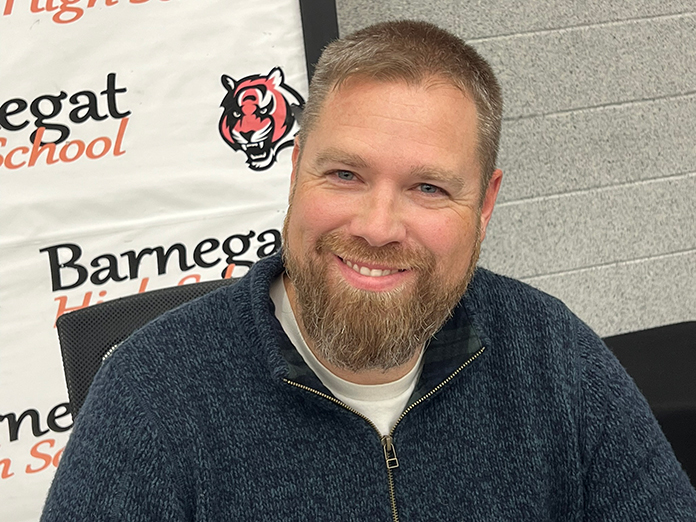
Addressing the topic of redistricting, Rubenstein stated his continued opposition to the idea, citing concerns about environmental impact, increased transportation costs, and potential infrastructure challenges. Drawing on his professional background, Rubenstein emphasized the importance of goodwill, foresight, and understanding in addressing these issues.
“I am sensitive to what is going on in the infrastructure,” said Rubenstein.
In his concluding remarks, Rubenstein urged the board to prioritize teaching and motivating young people beyond the scope of extracurricular activities. He emphasized the lasting impact of education as students graduate and enter the wider world.
“It goes beyond the stadium. It goes beyond the bistro,” Rubenstein summed up. “It goes on to what these children have when they walk down the aisle, and you proudly present them with a diploma.”
Sarno thanked Rubenstein for his statement, saying he agreed with him on just about every position he brought up during his remarks.
Contacted subsequent to the meeting, Latwis said there has not been an increase in transportation costs since the schools were reconfigured by grade band. He added that the big change has been a definitive improvement in academic achievement.
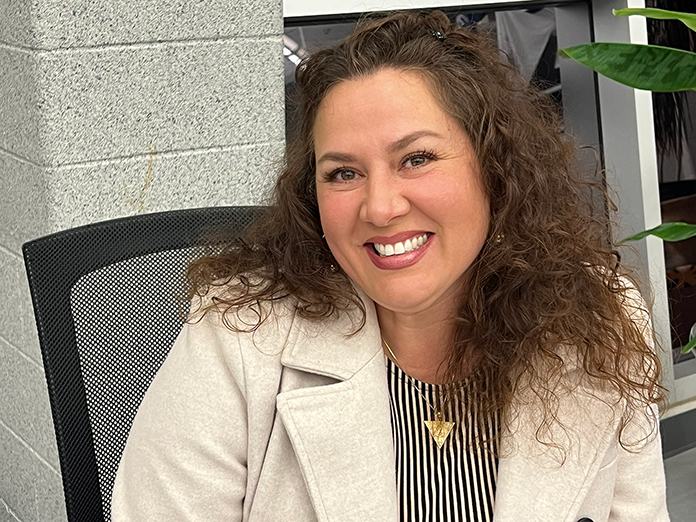
Key matters that require board approval in the near future include the appointment of a new business administrator. Steve Brennan submitted his resignation last year to assume the role of business administrator for Ocean County Vocational Technical Schools. Additionally, negotiations for teachers’ contracts are on the horizon, with subsequent discussions planned for the administrative team contracts in the near future.
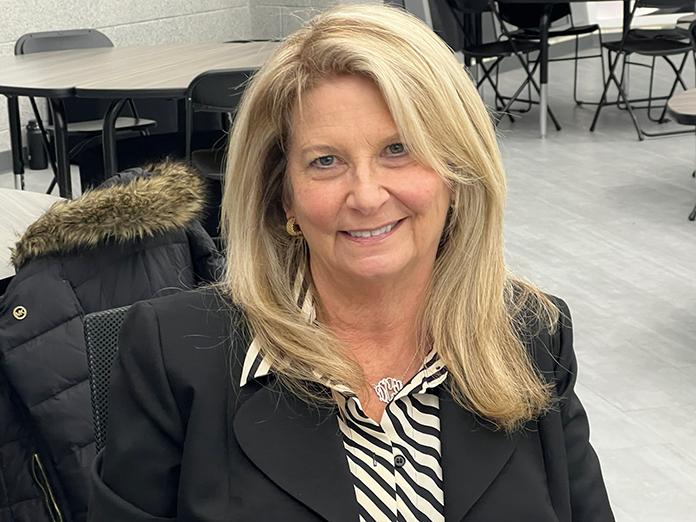
“One of the most important things we will be working on is the budget,” said Sarno. “I’ve already spoken with the board members and told them we will be doing so as a committee of the whole, working with the Superintendent and Business Administrator.”
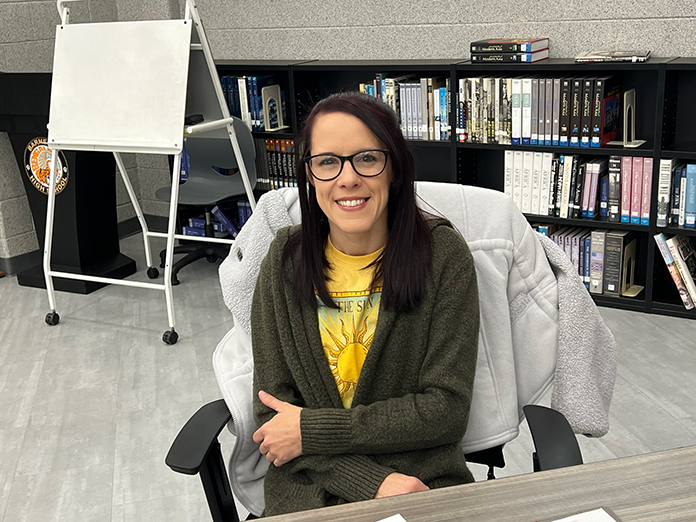
In discussing the budget approval process, Sarno emphasized the importance of the collaborative approach in its formulation. The entire board will engage in special meetings with the administrative team to provide input, expressing their perspectives on community needs and district requirements. These sessions will involve presenting wish lists, both from the board and district leaders, outlining desired programs and equipment.
Ultimately, the goal is to refine the budget based on input, prioritize needs, and determine a comfortable tax rate.






